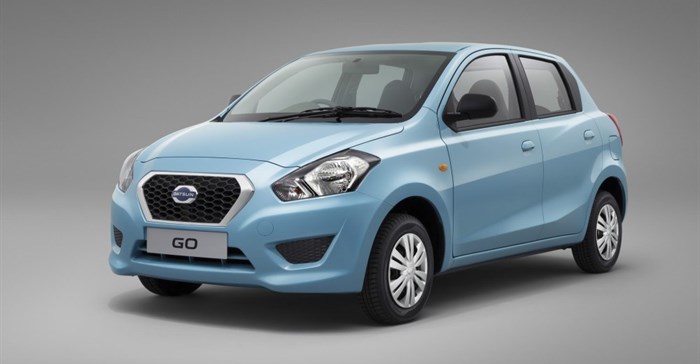
This is an accurate reflection of the general demise in the economy and an indication that consumers are spending less time in showrooms and acquiring new vehicles.
For beleaguered consumers, the year has also seen a double digit new vehicle price increase in response to the weakness of the rand. Expectations that the Reserve Bank’s efforts to curb rising inflation could result in interest rate increases have also dented sales. There is no doubt that the above-inflation increases in car prices, that are estimated to be between 12% and 15% by the end of 2016, will put further downward pressure on sales of new motor vehicles.
A bright spot amongst this, however, is that higher exports of vehicles are expected to top the 375,000 unit level by the end of 2016.
Reviewing recent Naamsa figures, pundits will also note that as far as brands go, we have one of the most representative markets in the world. ‘Spoilt’ local buyers are able to pick and choose from vehicles representing a huge range of manufacturers. They are also able to opt for locally manufactured units or imports from all corners of the globe.
I am often asked whether this broad offering is in itself a problem. My answer, as a representative of the Datsun brand, which was reintroduced to South Africa in 2014, is that market forces - in this case South African motorists - will ultimately decide which brands will survive in this country. The key to taking the step between struggling and successful will ultimately be determined by the vehicles that are offered to the public. In the case of Datsun, we are presently reliving the days of the 70s and 80s when our vehicles were market leaders because of the value they offered local drivers.
Since the Datsun GO was introduced in October 2014 and through to 2016, Datsun has vigorously pursued a similar strategy. Our target has been the A-segment and, despite the pressures on the market that were already beginning to show themselves in 2014, sales have been pleasing. Despite being the ‘new kid on the block’ the Datsun GO rapidly gained market share. Within its first year on the market the GO chalked up 5,645 sales making it the number one seller in the A-segment.
Although sales have been impacted by general economic conditions, Datsun has sold 2,234 vehicles in the first six months of 2016, and is confident that it will continue to enjoy the favour of car buyers and maintain and increase its share of the market. This is reflected by the fact that at the end of August 2016, we will be offering buyers the opportunity to purchase a more family orientated vehicle, and will also be introducing a contender in the light commercial vehicle space.
The success of the Datsun brand can be explained quite simply. As it did in the 70s and 80s, Datsun recognised that there was a place in the market for a competitive, quality entry-level vehicle in South Africa.
Going forward to 2017, there is little doubt that the A-segment will continue to be one of the most popular for buyers. The vehicles are not only attractively priced, but they are also extremely well appointed, and have the features that were, not so long ago, the sole preserve of more expensive options. For the practically-minded motorist this means the comfort of a big car offered in a package that is at home on congested city streets, offers the advantages of lower insurance premiums and reasonable maintenance costs.
Although the A-segment will never be able to escape the cost pressures that prevail in the motor industry of today, entrants like the Datsun GO will always be able to retain their competitive pricing edge. For motorists and the A-segment, this means giving South Africans options that are here to stay.